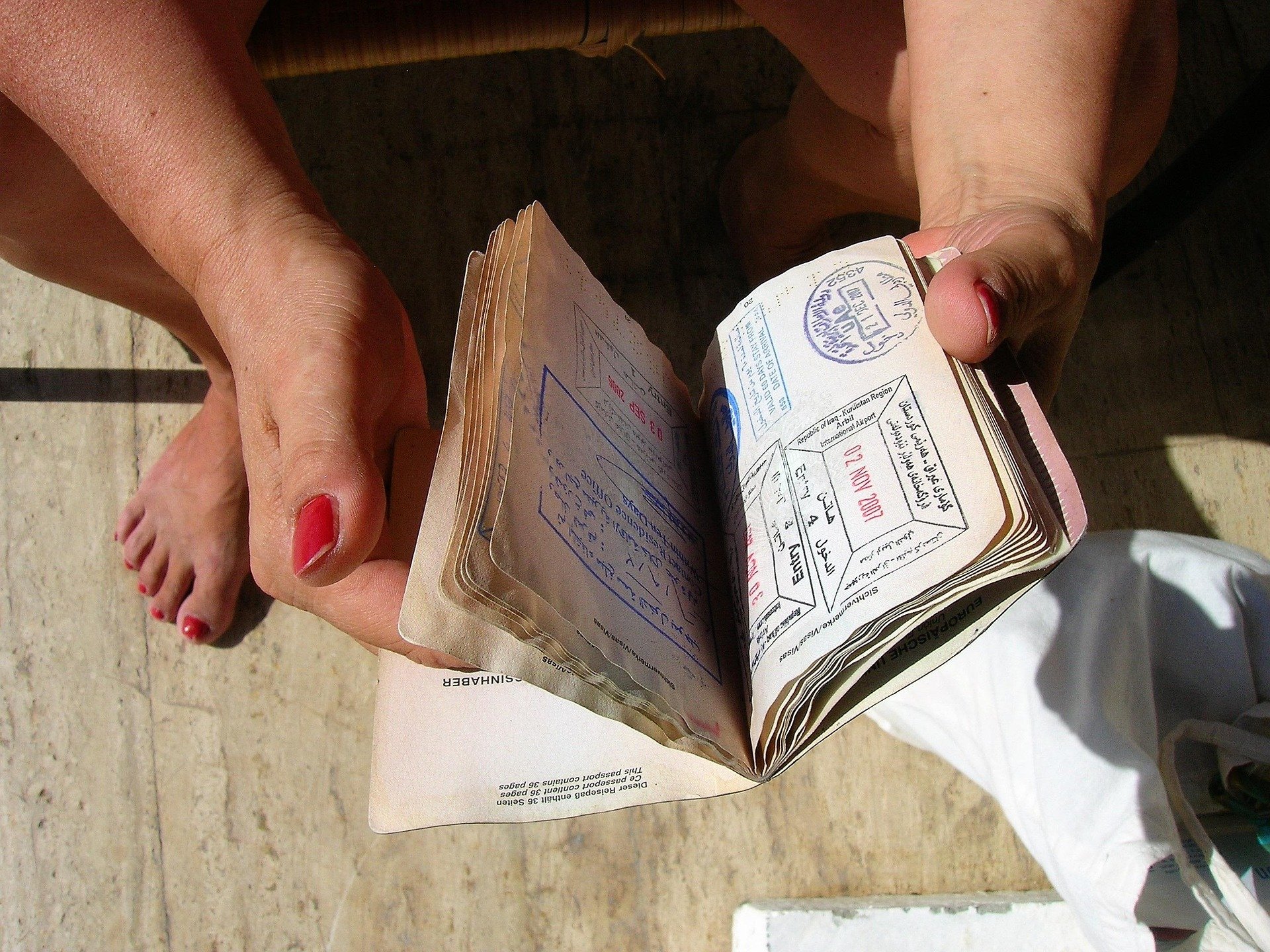Planning your first international trip can feel like solving a puzzle with constantly changing pieces. After helping countless travelers navigate everything from visa applications to currency exchange, I’ve learned that success comes down to one thing: starting early and being systematic about the details.
Whether you’re heading to Europe for two weeks or backpacking through Southeast Asia for three months, this guide will walk you through exactly what you need to do (and when) to ensure your trip starts smoothly and stays that way.
Travel Documents: Start 3-6 Months Early (Seriously)
Nothing kills travel dreams faster than document issues discovered too late. Here’s what you need to know about getting your paperwork right.
Passport Reality Check
The 6-month rule catches everyone off guard. Most countries don’t just require a valid passport – they need it valid for 6 months beyond your planned return date. So if you’re returning December 1st, your passport needs to be valid until at least June 1st of the following year.
Current processing times (as of 2025):
- Standard service: 6-10 weeks ($130 for new adult passports)
- Expedited service: 2-3 weeks ($200 plus overnight shipping fees)
- Same-day service: Available at regional agencies for true emergencies ($400+)
Pro tip most people miss: Check your blank pages. Many countries require 2-3 completely blank visa pages, and immigration stamps take up more space than you’d expect.
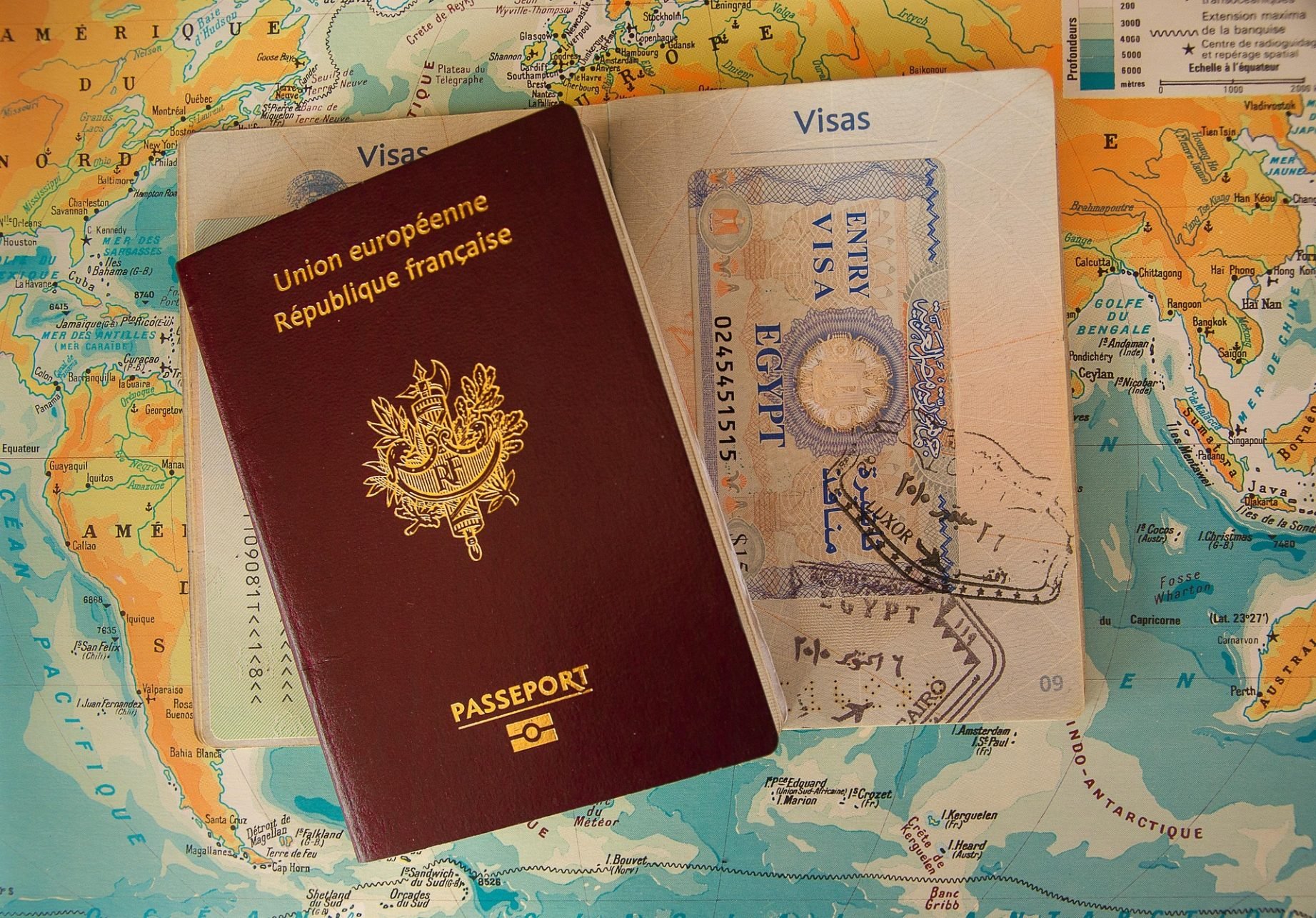
Visa Applications: Where Atlys Actually Helps
Visa requirements change constantly, and embassy websites aren’t exactly user-friendly. This is where digital platforms like Atlys make a real difference – they track current requirements, help organize documents, and monitor application status all in one place.
Realistic processing timeframes:
- Tourist visas: 5-21 business days (not including shipping time)
- Business visas: 10-30 business days
- Work visas: 4-12 weeks depending on country
Common visa mistakes that cause delays:
- Photo specifications wrong (70% of delays stem from this)
- Bank statements older than 3 months
- Missing invitation letters or hotel confirmations
- Not accounting for embassy holidays in processing time
Budget for visa costs:
- Single-entry tourist visas: $30-200
- Multiple-entry visas: $75-400
- Express processing: Add 50-100% to base cost
- Service fees: $25-75 (worth it for complex applications)
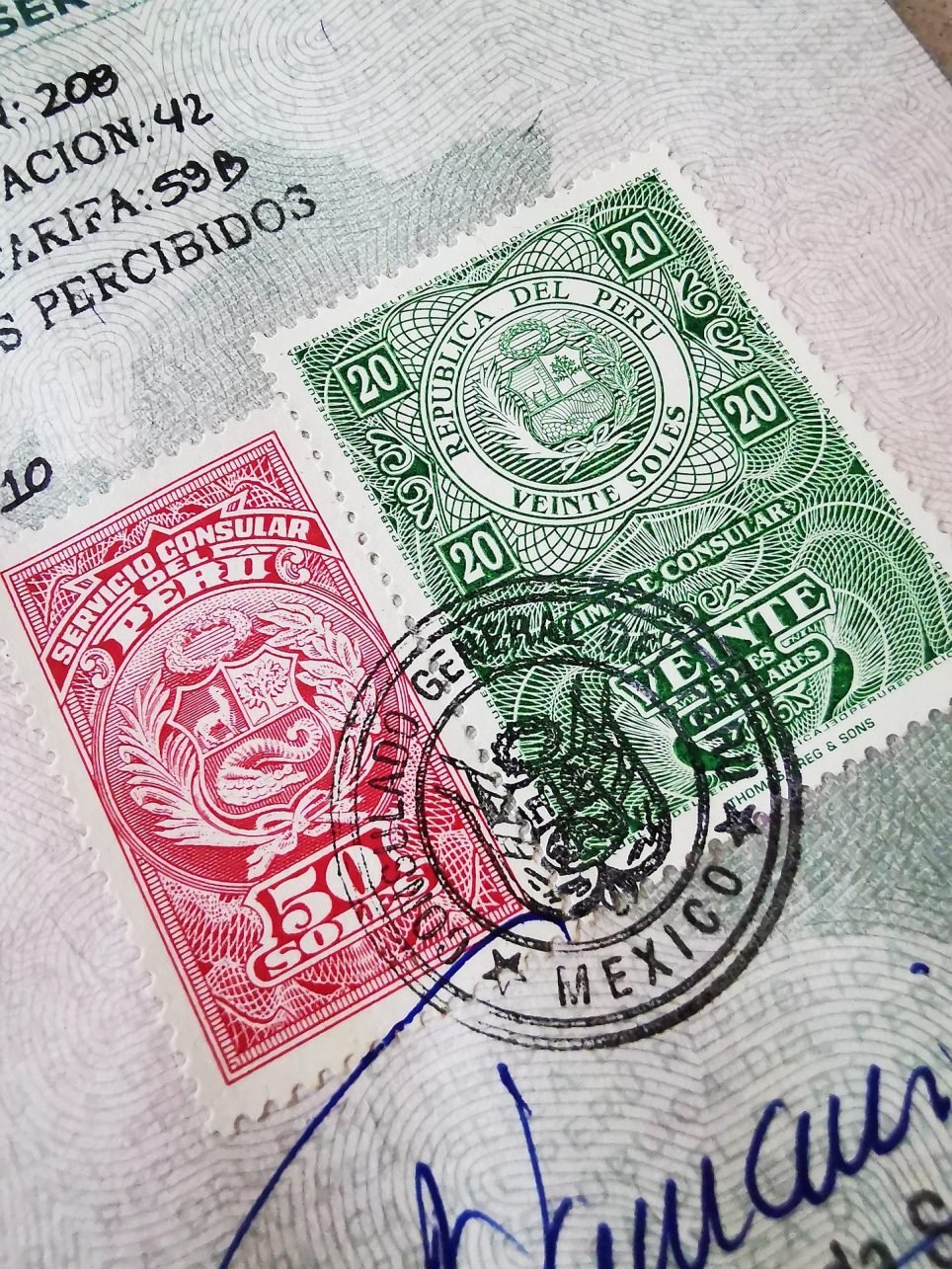
Destination Research: Beyond Tourist Attractions
Smart research prevents culture shock and keeps you out of trouble.
Legal and Cultural Essentials
Alcohol laws vary dramatically:
- Middle Eastern countries: Often completely prohibited or heavily restricted
- Scandinavia: Legal but expensive, with specific purchasing hours
- Germany: Beer is often cheaper than water, widely available
- Southeast Asia: Usually legal but respect local customs around temples
Dress codes matter more than you think:
- Conservative countries: Long pants and covered shoulders mandatory, even in heat
- Beach destinations: Swimwear only appropriate at beach/pool areas
- Religious sites: Often require head coverings and shoe removal
Photography restrictions:
- Government buildings, military installations always off-limits
- Some countries restrict photography of people without permission
- Certain museums charge extra for photo permits
Practical Daily Life Research
Payment culture by region:
- Germany/Austria: Still heavily cash-based, especially restaurants and small shops
- Scandinavia: Nearly cashless, some places don’t accept cash at all
- Japan: Cash preferred, many places don’t take foreign cards
- Southeast Asia: Mixed – cities accept cards, rural areas cash-only
Tipping expectations:
- USA/Canada: 18-22% expected at restaurants
- Europe: 5-10% or round up to nearest euro
- Japan: Tipping can be considered rude
- Southeast Asia: Small tips appreciated but not expected
Water safety:
- Western Europe: Tap water generally safe
- Eastern Europe: Varies by country, bottled safer
- Asia/Africa/South America: Bottled water recommended
- Always research your specific destination

Financial Planning: More Than Just Budgeting
Getting your money situation right prevents major headaches abroad.
Banking Notifications and Strategy
Notify banks 2-3 weeks before departure, not 2-3 days. Include:
- Exact travel dates (add 2-3 buffer days)
- All countries you’ll visit (including connections)
- Which cards you’ll be using
Multi-card strategy that works:
- Primary card: No foreign transaction fees, chip-enabled
- Backup card: Different bank network (Visa if primary is Mastercard)
- ATM card: Linked to checking account, separate from credit cards
- Emergency card: Keep in different location, different bank entirely
International ATM Reality
Your actual costs per withdrawal:
- Your bank’s fee: $3-5 per transaction
- Foreign ATM fee: $2-8 per transaction
- Currency conversion markup: 1-3%
- Daily limits: Usually $300-500 equivalent
ATM strategy:
- Withdraw larger amounts less frequently to minimize fees
- Use bank-affiliated ATMs when possible (lower fees)
- Avoid currency conversion offers at ATMs (always choose local currency)
- Keep receipts to track exchange rates for budgeting
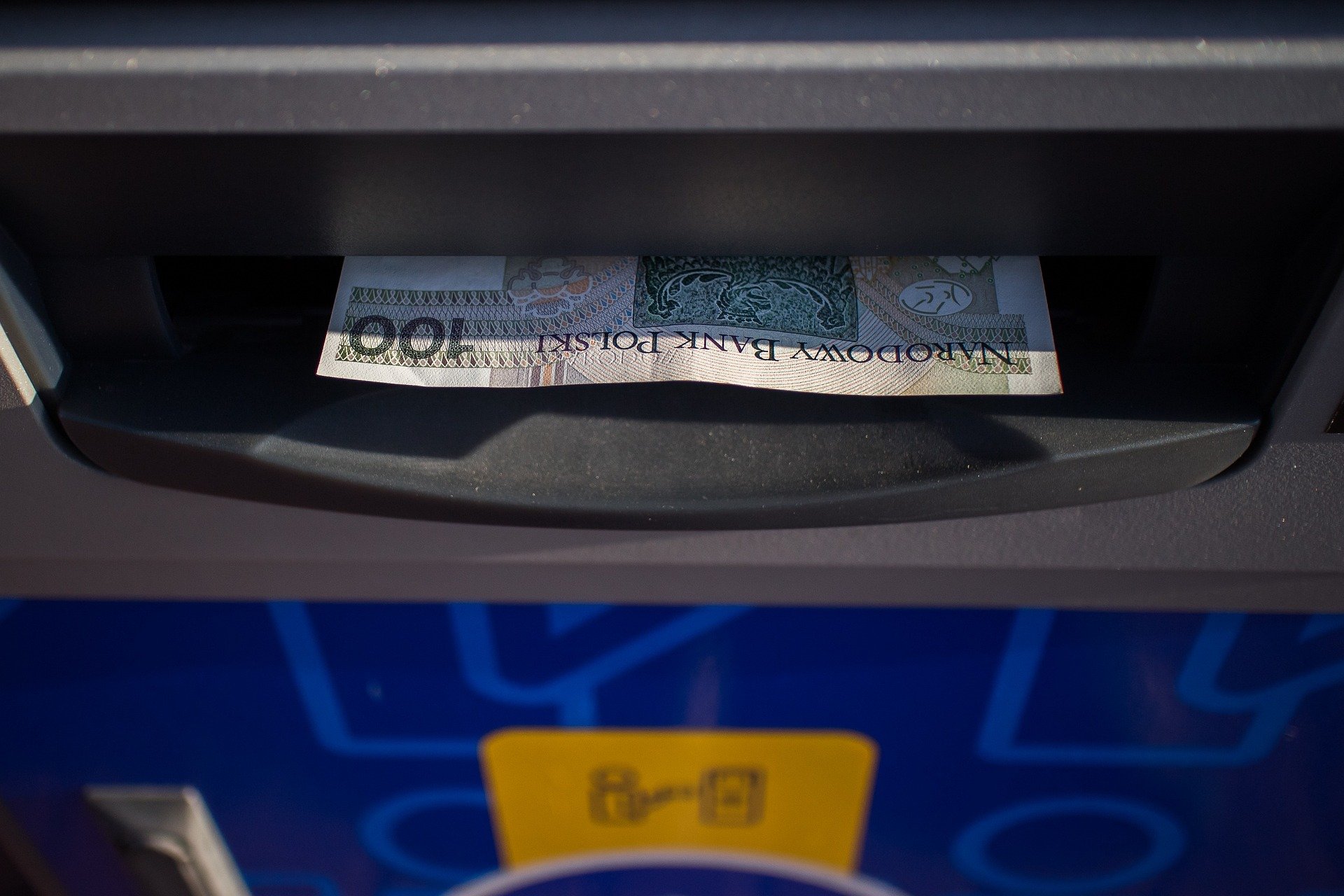
Travel Insurance: Don’t Skip This
Essential coverage minimums:
- Medical emergencies: $100,000+ ($250,000+ for USA destinations)
- Emergency evacuation: $1,000,000+
- Trip cancellation: Cover non-refundable expenses
- Lost luggage: $2,500+ for electronics and essentials
Real costs:
- Basic week-long trip: $40-80
- Comprehensive coverage: $100-200
- Annual multi-trip: $300-600
- Age 70+: Add 50-100% to base rates
Accommodation and Transport: Timing Is Everything
Booking Timeline Strategy
3-6 months ahead:
- Peak season destinations (summer Europe, winter ski resorts)
- Major events/festivals (Oktoberfest, cherry blossom season Japan)
- Savings: 20-50% vs. last-minute rates
6-8 weeks ahead:
- Most destinations, most times of year
- Best balance of price and flexibility
- Good availability without massive premium
2-3 weeks ahead:
- Off-season travel
- Flexible dates and destinations
- Risk: Limited availability, especially for groups
Flight Booking Reality
International flight timing:
- Transatlantic: Book 6-10 weeks ahead
- Transpacific: Book 8-12 weeks ahead
- Within Europe: 4-6 weeks ahead
Day-of-week pricing myths debunked:
- Tuesday afternoon deals aren’t consistently true anymore
- Prices fluctuate based on demand, not day of week
- Use flexible date searches to find real deals
What actually saves money:
- Flexible dates (+/- 2-3 days)
- Alternative airports within 2 hours
- Separate tickets for complex multi-city trips
- Booking during low-demand periods (Tuesday-Thursday departures)
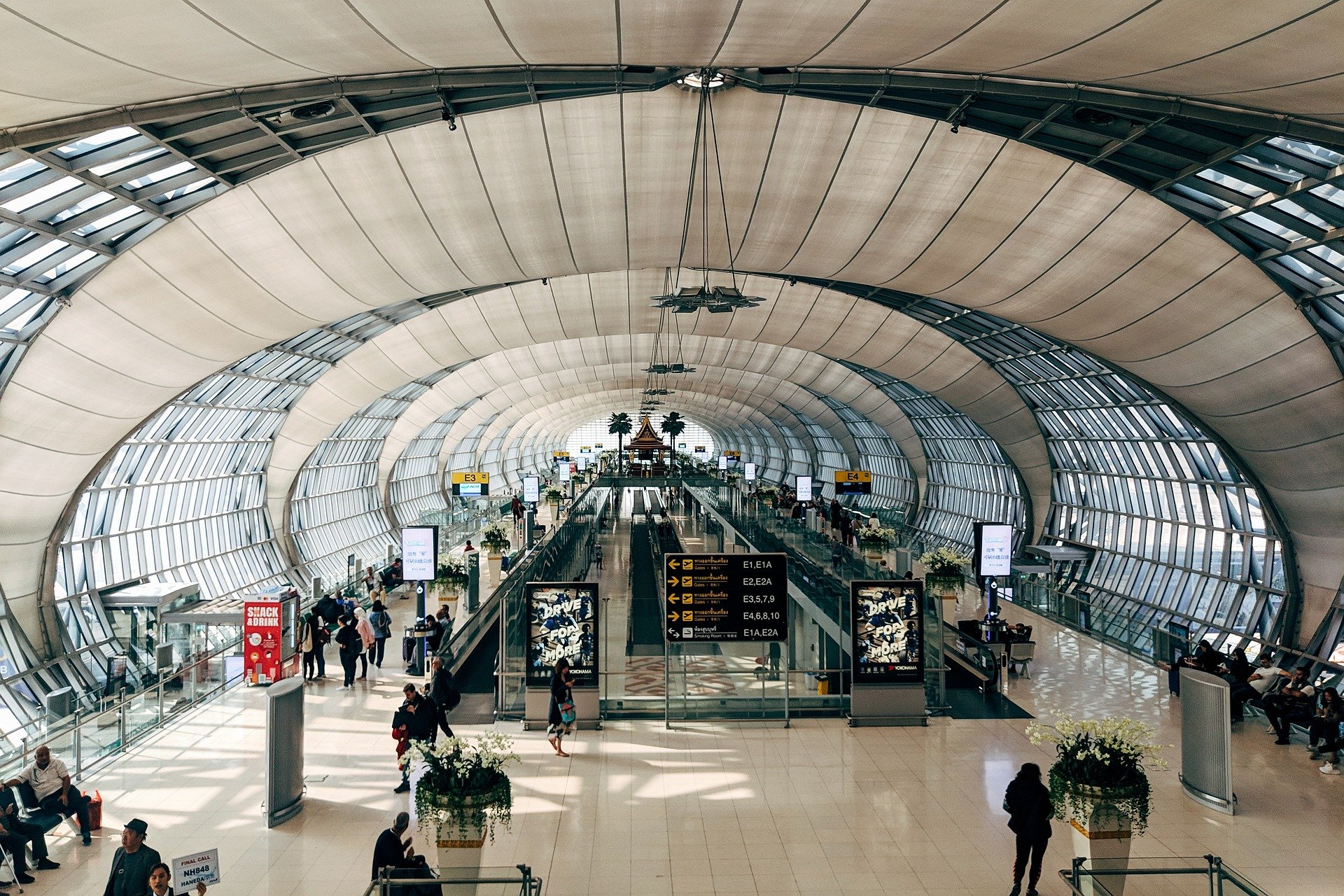
Health Preparation: Beyond Basic Vaccinations
Vaccination Timeline (Start 4-6 Weeks Early)
Routine vaccines to update:
- MMR (measles, mumps, rubella)
- Tdap (tetanus, diphtheria, pertussis)
- Seasonal flu
- COVID-19 boosters as recommended
Destination-specific vaccines:
- Southeast Asia: Hepatitis A/B, Japanese encephalitis, typhoid
- Sub-Saharan Africa: Yellow fever (required for entry), meningitis
- South America: Yellow fever, hepatitis A, typhoid
- High altitude (Andes, Himalayas): Consider altitude sickness prevention
Vaccination costs:
- Travel clinic consultation: $150-300
- Hepatitis A/B: $200-300 for series
- Japanese encephalitis: $300-400 for series
- Yellow fever: $200-250 (lasts lifetime)
- Travel clinic premium vs. regular doctor: Often worth it for expertise
Prescription Medications Abroad
Bring 2x your normal supply in original pharmacy containers with labels.
Get doctor’s letters for:
- Controlled substances (pain meds, ADHD medications, anxiety meds)
- Injectable medications (insulin, EpiPens, fertility medications)
- Large quantities of any medication
Countries with strict medication laws:
- UAE: Many common medications illegal
- Singapore: Death penalty for some substances
- Japan: Extremely strict on stimulants and opioids
- Always check embassy websites for your specific medications

Travel Health Kit Essentials
Basic medications (get generic versions to save money):
- Imodium (diarrhea): Essential for Asia/Africa travel
- Oral rehydration salts: Prevent dehydration from illness
- Ibuprofen/acetaminophen: Pain and fever relief
- Antihistamine: Allergic reactions, bug bites
- Basic antibiotics: Only with prescription
First aid basics:
- Adhesive bandages (various sizes)
- Medical tape and gauze
- Antiseptic wipes
- Digital thermometer
- Tweezers for splinters
Packing Strategy: Less Is Always More
The One-Week Rule
Pack for maximum one week, regardless of trip length. You can find laundry everywhere, but excess weight follows you every step.
Layer strategy for any climate:
- Base layer: Moisture-wicking synthetic or merino wool
- Insulating layer: Fleece or down jacket
- Outer layer: Waterproof/windproof shell
- This combination works from tropical rain to mountain snow
Multi-purpose items that save space:
- Sarongs: Towel, blanket, cover-up, privacy screen
- Duct tape: Repairs, first aid, luggage fixes
- Ziplock bags: Waterproofing, organization, compression
- Safety pins: Laundry line, wardrobe malfunctions, first aid
Technology Essentials
Must-have electronics:
- Universal adapter with USB ports ($25-40): Get one that works in all plug types
- Portable battery pack: 20,000+ mAh for week-long trips
- Backup charging cables: Bring 2x what you think you need
- Unlocked smartphone: Essential for local SIMs
Download before departure:
- Offline maps: Google Maps lets you download entire regions
- Google Translate: Download language packs for offline use
- Currency converter: XE Currency works without internet
- VPN app: Access blocked websites and secure public WiFi
Carry-On Strategy
Pack like your checked bag will get lost, because airlines lose 7 bags per 1,000 passengers.
Carry-on essentials:
- 1-2 complete outfits
- All medications and prescriptions
- Electronics and chargers
- Copies of important documents
- Basic toiletries (3-1-1 rule compliant)
- Change of underwear and socks
- Entertainment for long flights
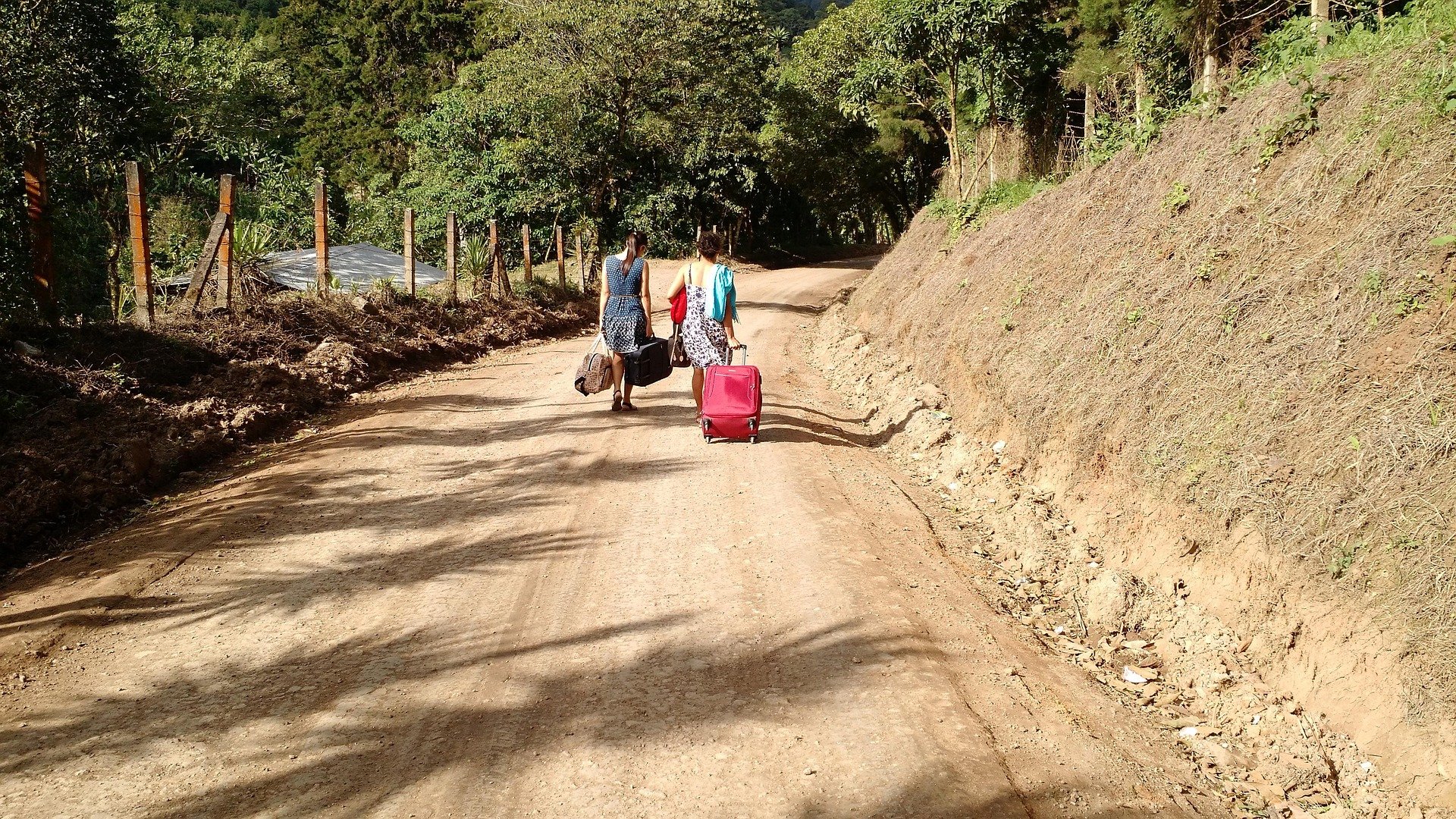
Staying Connected: Communication Options
International Phone Plans
Carrier international plans:
- Cost: $10-15/day
- Pros: Easy, use your regular number
- Cons: Expensive for trips over 1 week
Local SIM cards:
- Cost: $10-50 for significant data
- Pros: Cheapest for extended stays
- Cons: Requires unlocked phone, lose your number temporarily
eSIM services (newer phones only):
- Cost: $15-60 for data packages
- Pros: No physical SIM swapping, keep your number
- Cons: Limited phone compatibility, data-only usually
Pocket WiFi rental:
- Cost: $8-15/day
- Pros: Multiple devices can connect
- Cons: Another device to carry and charge
Digital Backup Strategy
Create multiple copies of:
- Passport photo page
- Visa pages
- Travel insurance policy
- Flight confirmations and boarding passes
- Hotel reservations
- Driver’s license
- Credit card customer service numbers
Storage methods:
- Email to yourself (multiple email accounts)
- Cloud storage (Google Drive, Dropbox, iCloud)
- Share with trusted family member at home
- Physical copies separate from originals

Final Preparations: 72-Hour Countdown
72 Hours Before Departure
Confirm everything:
- Flight status and check-in online
- Hotel reservations and arrival procedures
- Transportation bookings (transfers, train tickets)
- Activity reservations and meeting points
Final document check:
- Print boarding passes (backup for mobile)
- Print hotel confirmations (some require physical copies)
- Print travel insurance policy summary
- Verify passport and visa validity one final time
24 Hours Before Departure
Last-minute essentials:
- Check weather forecast at destination
- Confirm departure terminal and gate
- Arrange airport transportation
- Set out-of-office messages and emergency contacts
- Charge all devices and pack portable chargers
Airport preparation:
- Arrive 3 hours early for international flights
- Check current security restrictions (liquids, electronics)
- Wear easily removable shoes and minimal jewelry
- Have entertainment ready for potential delays
Making Technology Work for You
Modern travel tools can eliminate most planning stress, but you need to know which ones actually deliver value.
Where Atlys provides real value:
- Complex multi-country visa requirements
- Changing visa policies (they update automatically)
- Document organization for business travelers
- Application tracking and deadline management
Other essential travel tech:
- Google Maps offline: Download maps before arrival
- Citymapper: Public transport in major cities
- XE Currency: Real-time exchange rates offline
- Google Translate: Camera translation for menus and signs
- TripIt: Organize all your bookings in one place
Budget Reality: What International Travel Actually Costs
Hidden costs catch most travelers off guard. Here’s what to actually budget:
Pre-Trip Costs People Forget
Documentation:
- Passport photos: $15-25 at pharmacies
- Document fees: $25-50 for official copies
- Expedited services: $100-200 premium
- Transportation to embassy/consulate: $50-200
Health preparation:
- Travel clinic consultation: $150-300
- Vaccinations not covered by insurance: $300-600
- Prescription medications for travel: $50-150
- Travel health kit supplies: $50-100
Daily Costs Abroad (Europe Example)
Budget level ($80-120/day):
- Hostel bed: $25-40
- Meals: $30-50 (street food, groceries, one restaurant meal)
- Local transport: $10-15
- Attractions: $15-25
Mid-range level ($150-250/day):
- Private hotel room: $80-120
- Meals: $60-100 (mix of casual and nice restaurants)
- Transport: $20-30 (taxis, comfortable options)
- Attractions and activities: $40-60
Luxury level ($300+/day):
- Upscale hotel: $200+
- Fine dining: $100+ (wine included)
- Private transport: $50+
- Premium experiences: $80+
Common Mistakes and How to Avoid Them
Learning from other travelers’ errors saves time, money, and stress.
Document Disasters
Most expensive mistakes:
- Passport expires within 6 months of return: Can’t board flight
- Wrong visa type applied for: Denial and reapplication fees
- Missing supporting documents: Delays and additional fees
- Photo specifications wrong: Automatic rejection
Prevention:
- Check passport validity when booking flights, not when packing
- Research visa requirements immediately after booking
- Use professional photo services for important applications
- Allow double the official processing time for applications
Money Problems That Ruin Trips
What goes wrong:
- Cards blocked for suspicious activity (forgot to notify bank)
- Running out of cash in cash-heavy cultures
- Dynamic currency conversion tricks (costs 3-5% extra)
- Relying on one payment method
Smart prevention:
- Notify banks with detailed itinerary 3 weeks early
- Research local cash culture thoroughly
- Always choose local currency at ATMs and card readers
- Carry backup cards from different banks/networks
Health and Safety Oversights
Preventable problems:
- Food poisoning from tap water/ice
- Sunburn/heat exhaustion (underestimate climate differences)
- Insect-borne diseases (inadequate protection)
- Prescription medication confiscated at borders
Protection strategies:
- Research water safety and stick to bottled water when in doubt
- Pack sun protection even for non-beach destinations
- Use DEET-based repellent in tropical areas
- Get proper documentation for all medications
Making Your International Trip Memorable
The goal of thorough preparation isn’t to eliminate all surprises – it’s creating a foundation stable enough that unexpected moments become adventures rather than emergencies.
When your documents are organized, your money situation is sorted, your health is protected, and your communication plan is ready, you’re free to embrace the spontaneous moments that make travel truly rewarding.
Tools like Atlys have revolutionized the most tedious aspects of travel planning, particularly around visa applications and document management. When administrative tasks become streamlined, you can invest energy in cultural research and experience planning that make trips genuinely transformative.
Start early, be thorough with essentials, stay flexible with details. The stories you’ll tell years later rarely involve the logistics that stressed you out during planning – but good preparation makes those stories possible in the first place.
International travel opens doors to experiences impossible at home. Those doors swing smoothest when you’ve handled the practical details with care and foresight.

